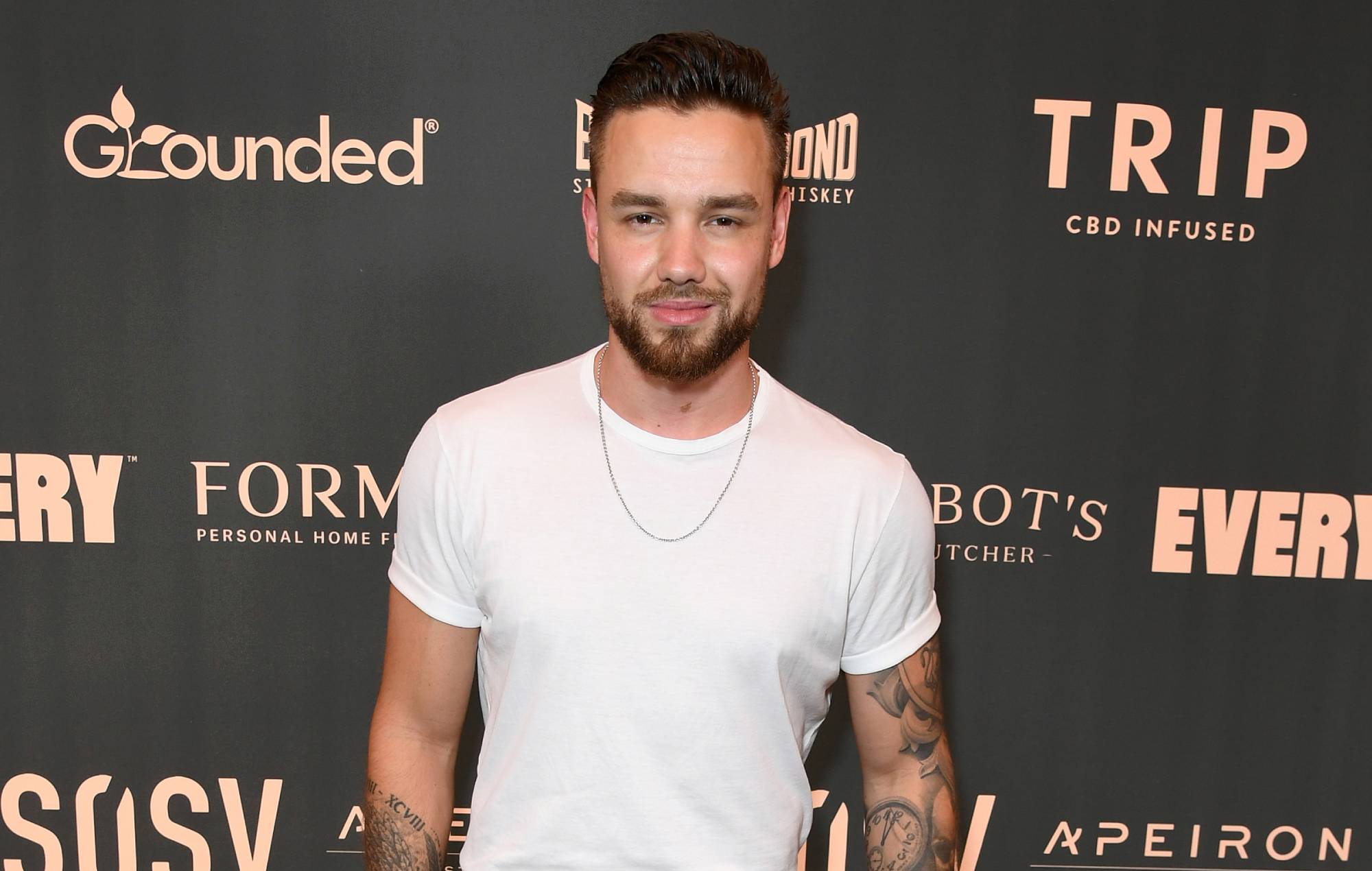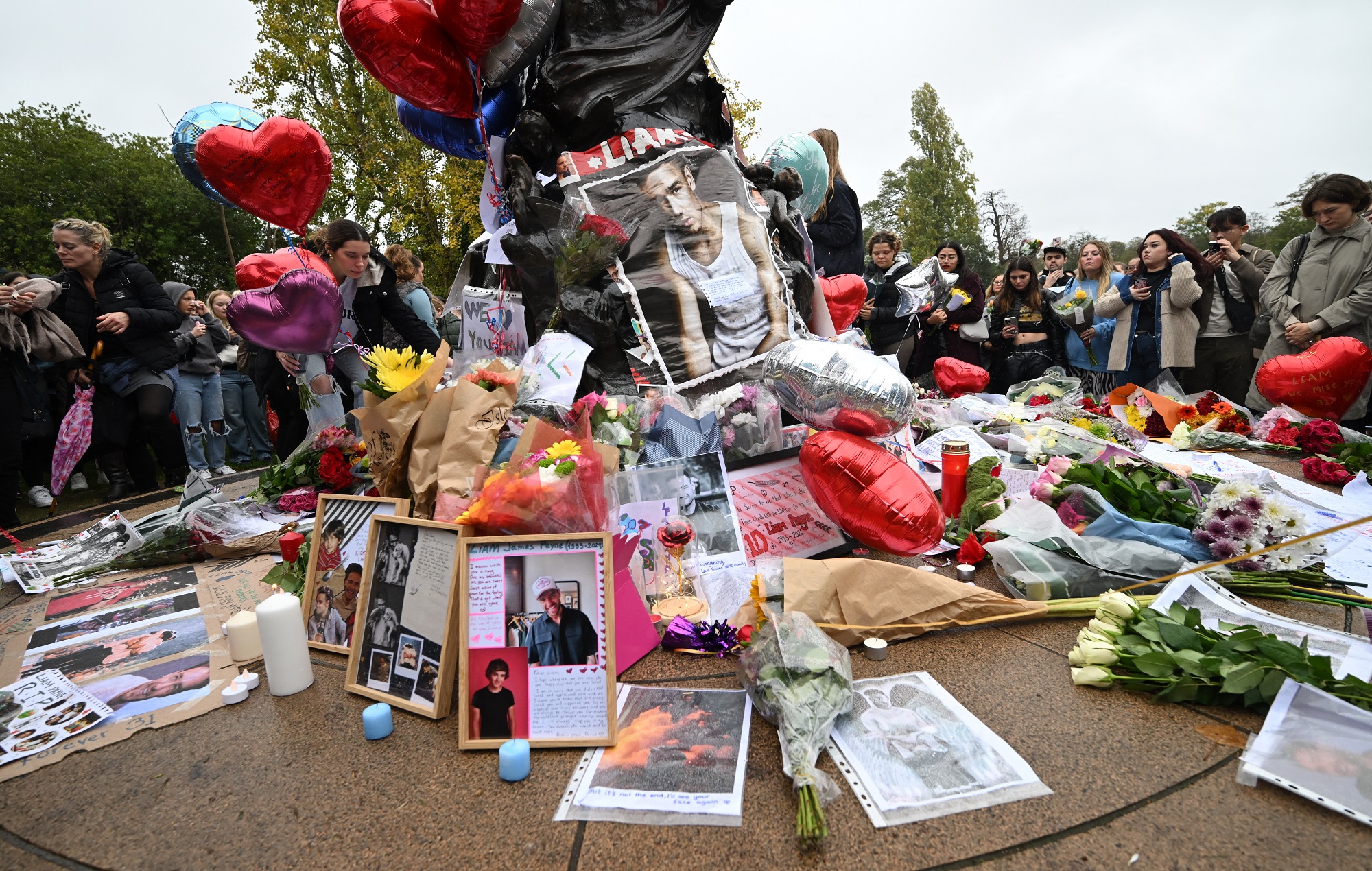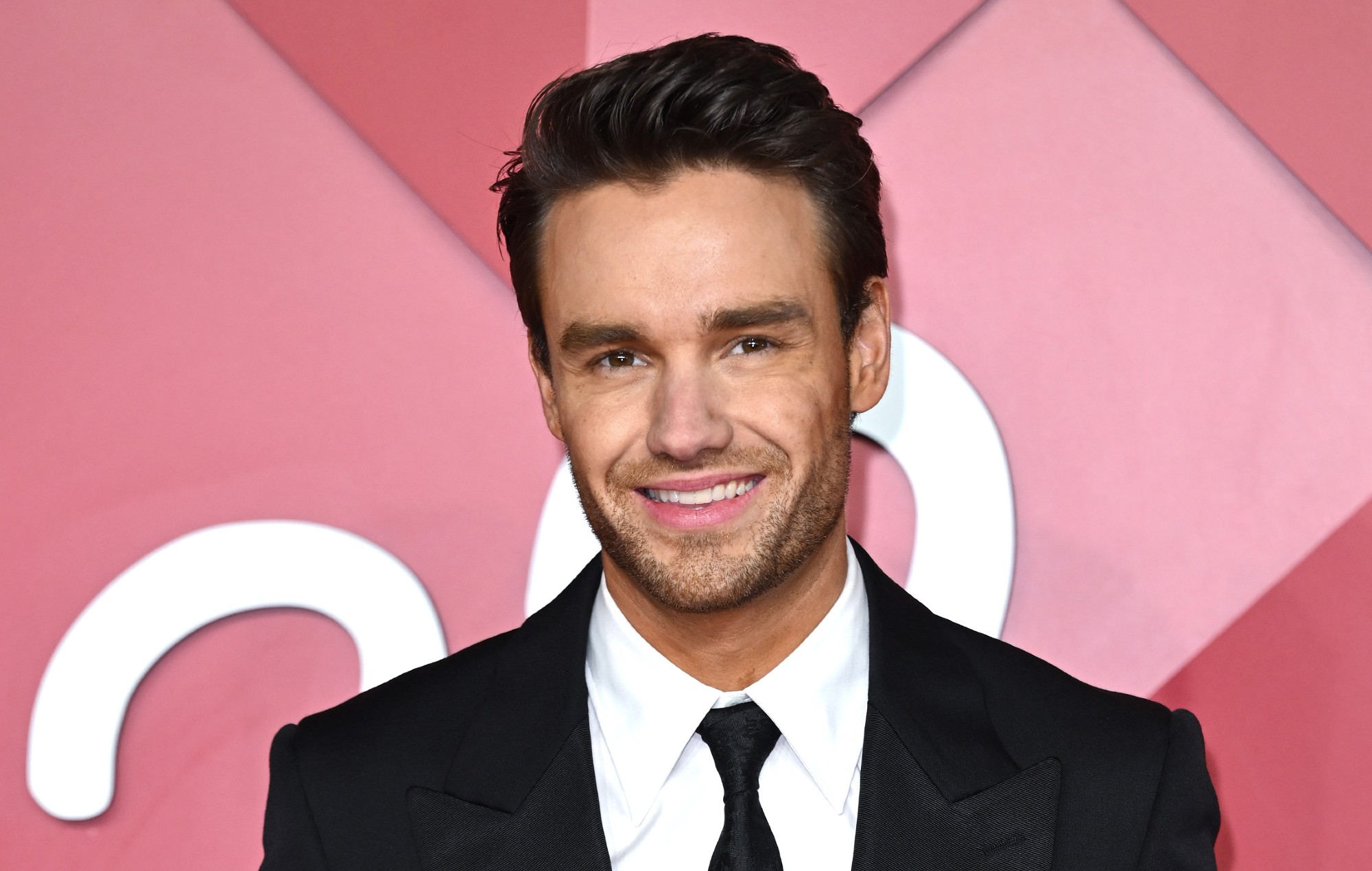
A new petition has been launched, calling for a new law to safeguard the mental well-being of artists in the music industry.
Set up on the Change.Org website, the petition comes in light of the tragic death of Liam Payne, who died last Wednesday (October 16), after falling from a third-floor balcony at a hotel in Buenos Aires, Argentina.
Now surpassing over 40,000 signatures, it calls for more efforts being made to “safeguard artists” in the entertainment industry, and provide more support for those struggling with mental health.
“In recent news of Liam Payne’s tragic death as many others, the entertainment industry needs to be held accountable and be responsible to the welfare of their artists,” wrote Day Kv, who created the petition (which you can sign here).
“We seek to implore lawmakers to create legislation safeguarding the mental health of artists within the industry [as well as] regular mental health check-ups, adequate rest periods, and the presence of mental health professionals on-set, including any ongoing support during their career”.
Payne rose to fame as part of One Direction during The X Factor‘s 2010 series, after initially auditioning two years earlier at the age of 14.
He had also opened up about struggles with addiction and mental health in the past. Back in 2021, the soloist and former One Direction member spoke on Steven Bartlett’s The Diary Of A CEO podcast, and recalled how he “didn’t like myself very much” during his time with One Direction.
He went on to talk about how there was “some stuff that I’ve definitely never spoken about” publicly (as per Standard), as well as the struggles he felt from being in the public eye.
The campaign launched amid a widespread conversation being triggered about the pressures put on young artists, and various famous faces calling for action to be made.
Songwriter Guy Chambers, for instance, recently called on the music industry to stop putting minors in boybands, while Robbie Williams said that Payne’s “trials and tribulations were very similar to mine” – making reference to his history of self-harm and depression as a former boyband member.
Similarly, Sharon Osbourne accused the music industry of “letting down” Payne, while Bruce Springsteen added that the music industry puts “enormous pressures on young people”.
Former X Factor contestant Katie Waissel, who competed alongside One Direction on the talent show, called for more “care and support for young artists”, and Rebecca Ferguson, who finished in second place on the same season, paid tribute to Payne while also speaking out against the “exploitation and profiteering of young stars.”

Around the same time, Victoria Canal recalled how she once felt “desperate” to achieve the success that Payne once had, now feels duped by “the promise of what ‘success’ in this industry is.”
Since news of Payne’s death broke, One Direction’s surviving members Zayn Malik, Niall Horan, Louis Tomlinson and Harry Styles shared a joint statement, asking for time “to grieve and process the loss of our brother, who we loved dearly.”
Fan vigils for Payne have also cropped up across the world, including in Liverpool and Argentina, where he died, and Payne’s father Geoff joined the crowds outside the Casa Sur Hotel and thanked fans who had gathered in memory of his son.
Across the music industry, others have paid respects to Payne, including Shawn Mendes, Maggie Rogers, Rita Ora and Liam Gallagher. Last week, Cheryl, Payne’s ex-partner and mother to his seven-year-old son Bear, spoke out about the “indescribably painful” loss and urged people to “give Liam the little dignity he has left”.
This is far from the first time that the issues around mental health in the music industry have been brought into the spotlight. Last December, discussion arose when musicians’ charity Help Musicians warned that there had been a 200 per cent increase in people engaging with their mental health services over the past two years.
Just two months prior, figures from the music industry spoke to NME about the “dangerous” and “pressure cooker” impact that touring can have on musicians.

It came after huge artists like Lewis Capaldi, Sam Fender, Shawn Mendes and Wet Leg all cancelled shows, citing mental health issues. Editors guitarist Justin Lockey also sat out of the band’s summer 2022 dates due to “struggles with anxiety”, telling NME: “It can be a very isolating, lonely and strange existence. You’re not in the same routine as most of the rest of the planet.”
Last February, Tonic – a mental health charity championed by the late Specials frontman Terry Hall – told NME about the vital services they provide for people working in the music industry and how they have “helped many isolated and vulnerable people in our community”.
Hall passed away back in December 2022 and, speaking to NME, Tonic’s CEO Steph Langan explained what it meant to have Hall has a champion “from the very beginning”, especially as an artist who often spoke out about his own struggles.
More recently, solo artist, Babyshambles drummer and psychotherapist Adam Ficek shared a report into music and mental health. At the time, he told NME that “musicians keep falling between the cracks of formal structured support systems”.
“The research was undertaken as a direct result of my own experience in the music industry and the musicians I work with in my clinical practice,” he said. “I wanted to provide a platform for other musicians to tell their own stories about mental health and how this is helped or hindered by their various music industry experiences.”


 127
127